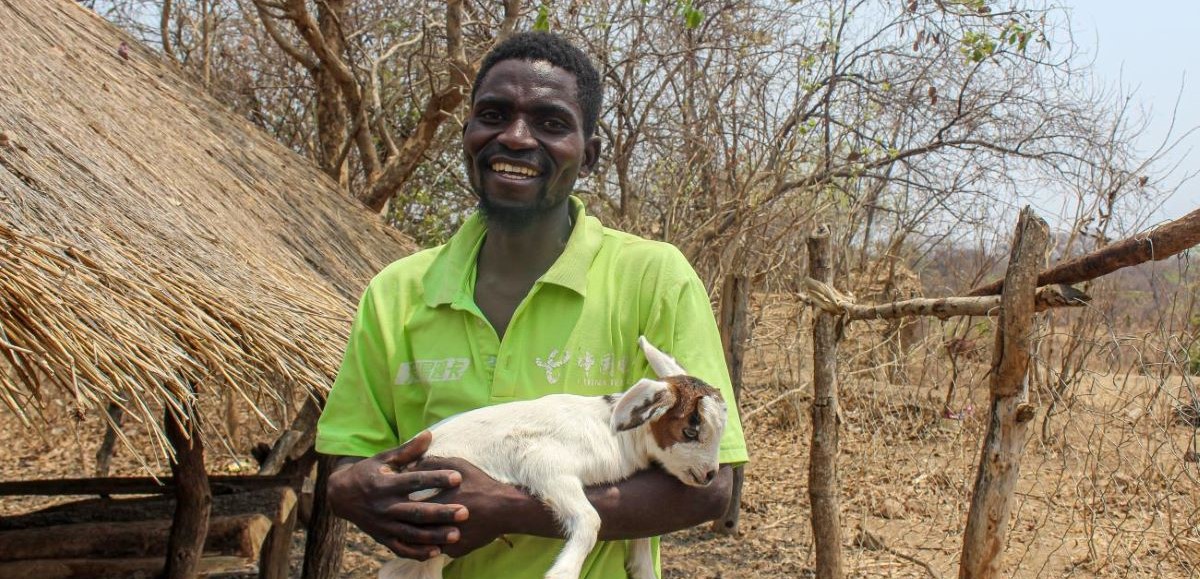(3 Minutes Read)
Zambia is suffering from severe drought due to the El Nino phenomenon, which is worsening harsh weather conditions on account of climate change
Zambian President Hakainde Hichilema declared the drought a national disaster and emergency saying it had devastated food production and power generation. He further said that as the country was struggling to recover from a recent cholera epidemic, the drought spell compounded the problems being faced by the southern African country. Zambia is suffering from severe drought due to the El Nino phenomenon, which is worsening harsh weather conditions on account of climate change.
Hichilema said he had asked security forces to focus more on food production. A major part of the country – 84 of the country’s 116 districts- was affected by the prolonged drought. The President further revealed that the government would take food from areas where there was a surplus and distribute it to areas in need.
Additionally, Zambia plans to increase food imports and mobilize UN agencies and local businesses to help. He added that the drought has destroyed about 1 million hectares of the 2.2 million hectares planted in corn, the staple crop.
“Drought is expected to continue until March, affecting more than a million of our agricultural households,” said Mr. Hichilema.
Read Also:
https://trendsnafrica.com/zambia-imposes-restrictions-on-maize-and-maize-flour-exports/
https://trendsnafrica.com/zambia-still-owes-usd-7-billion-to-bondholders-and-banks/
Electricity production has not been spared, with the country expecting a deficit of around 430 megawatts potentially reaching 520 megawatts by December due to the falling level of water in the country’s main source of hydroelectric power, the Kariba Dam. To address this power deficit, the country will import electricity and ration the supply for its approximately 20 million inhabitants. Zambia was recently hit by one of its worst outbreaks of cholera, which killed more than 400 people and infected more than 10,000.





